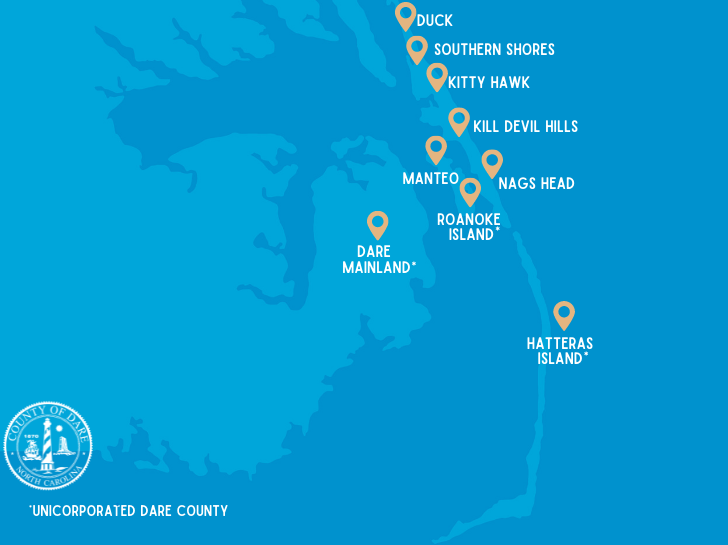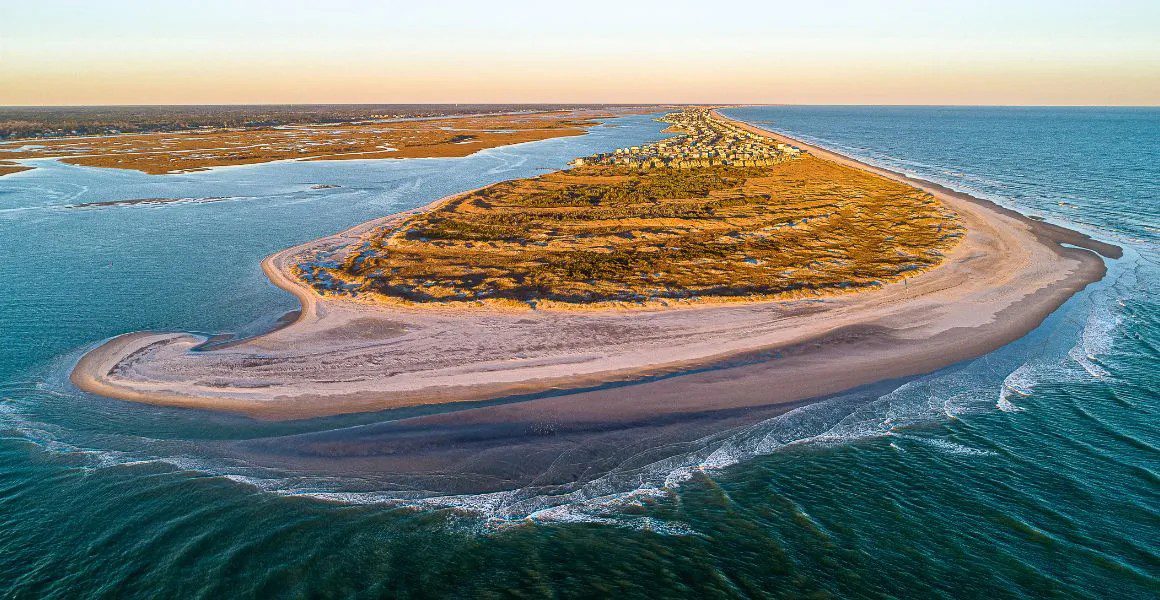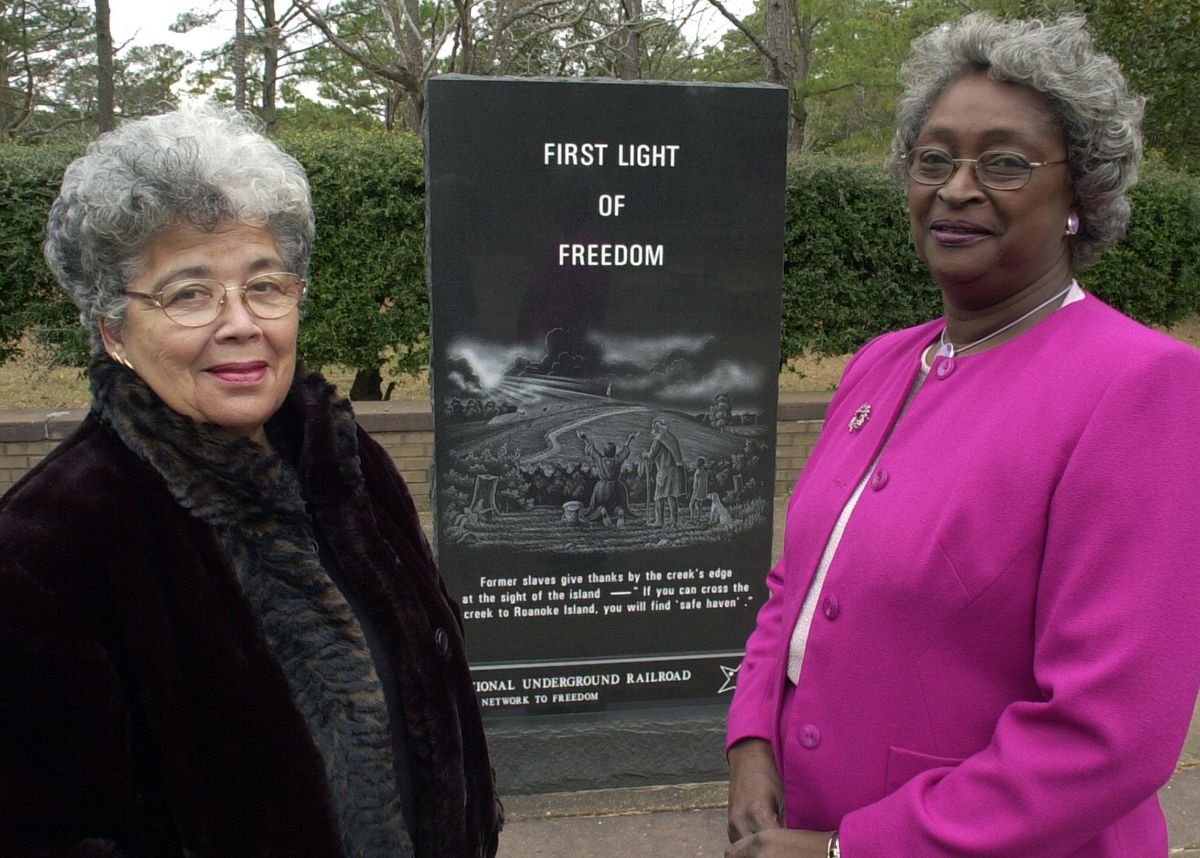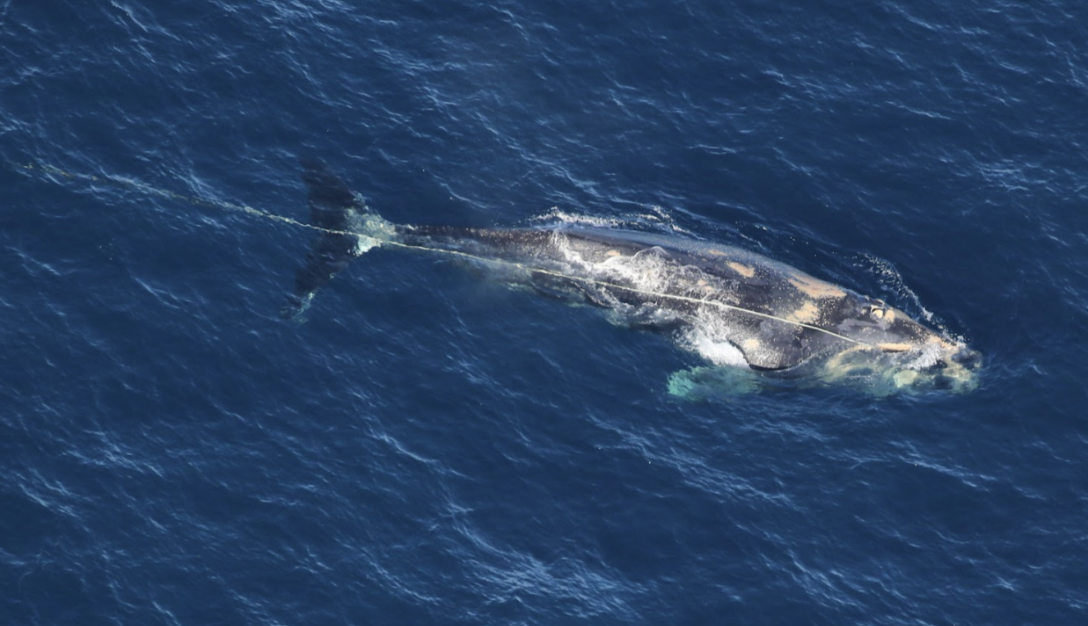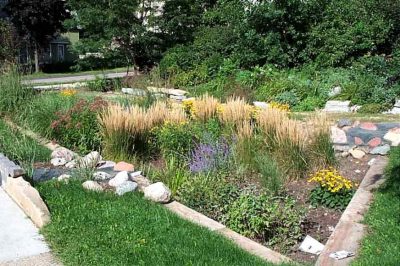
WANCHESE — Real estate professionals, homeowner association members and property owners can find out more about low-impact development, or LID, during two workshops set in May at the Coastal Studies Institute.
Attendees will learn during the workshops, “Low Impact Development Basics for Water Quality Protection,” how land use decisions impacts water quality and how the Town of Nag Head is working to manage stormwater.
Supporter Spotlight
There’s no charge to attend. The first workshop is from 1-5 p.m. Wednesday, May 22, and registration is required, which can be done online. The second will follow from 9 a.m. to 1 p.m. Thursday, May 23, registration is also required for this workshop.
LID is described as a set of budget-friendly techniques that prevent stormwater runoff from polluting waterways by mimicking a site’s natural surface water and groundwater hydrology, according to the North Carolina Coastal Federation, one of the organizations involved in the workshops.
Common examples of LID techniques include directing runoff from rooftops, sidewalks and driveways into landscaped areas, adding rain gardens to collect runoff, collecting water in rain barrels and using native plants that would require less watering.
During the workshops in May, there will be information provided about LID techniques that help protect water quality, costs and benefits of implementing LID, managing stormwater control measures to meet state and local regulations and to maintain functionality and aesthetics and funding to implement stormwater improvements.
Real Estate Professionals will earn four elective continuing education credits from the N.C. Real Estate Commission for attending.
Supporter Spotlight
Hosted by the North Carolina Department of Environmental Quality Coastal Training Program, the federation joins North Carolina Coastal Reserve & National Estuarine Research Reserve, North Carolina Coastal Federation, North Carolina State University Extension, Town of Nags Head and Dare Soil and Water Conservation Districts.
For more information, or to see future events, visit the Coastal Training Program website.



